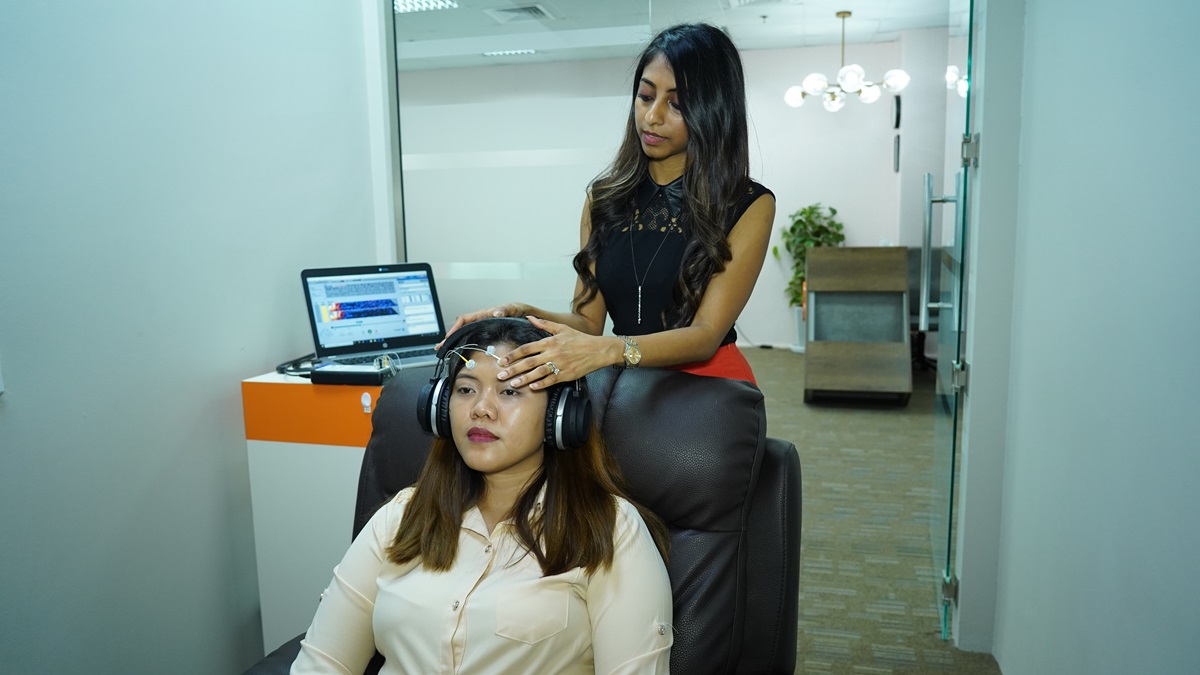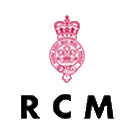Peak Brain Performance
To achieve peak brain performance, you need sharp focus, high mental alertness and emotional well-being. Athletes, artists and other high-performing individuals are able to access flow state – a term from positive psychology that simply means to “get in the zone.” But we all have the potential to experience this state of enriched productivity, energy and engagement. We just need to teach our brains how.
Push your cognitive skills to their limits and build mental agility for better brain performance with our neurofeedback training exercises. Our clients report increased focus and creativity after each peak brain training session in our clinic in Dubai. To experience similar results, book a free 15-minute consultation with our neurofeedback specialists now.
Did You Know?
Peak Performance training enhances:
- Focus
- Creativity
- Memory
- Mental agility
- Stamina
Peak Performance Through Neurofeedback Training
We all are born with certain qualities but we are not using them to the fullest for improving cognitive performance due to low self-confidence and lack of motivation. With neurofeedback, we can now train our brains to gain confidence and maximize our brain’s potential. Our neurofeedback sessions involve the use of non-invasive EEG sensors that are connected to your scalp while you relax in one of our cozy recliners. You will also watch any television show of your choice. This show will act as a mode to provide you with feedback of your own brain wave activity. Whenever your brain accomplishes the right brain activity, you will be rewarded with a bigger screen size and clear audio. With this mind performance hack, after you complete a few sessions, you will notice that you are able to focus better and feel motivated and experience peak brain performance.

Testimonials

I have had fantastic results after 20 sessions with Evolve. They customized nuerofeedback sessions that helped me increase my focus and good mood. I started the sessions when I was at a low point and as a result of the training I felt more empowered to navigate through those moments. I recommend this to anyone who experiences fatigue, stress, lack of motivation or heartache. It’s non invasive and a high return on your investment.


Brain Training sessions with Evolve have improved my focus greatly. I have enhanced my emotional as well as business resilience. Now, I am able to mentally take a step backwards from various challenges at work and view them with a much calmer and more productive mind set. This means I am also better able to handle stressful situations.

How It Works


































